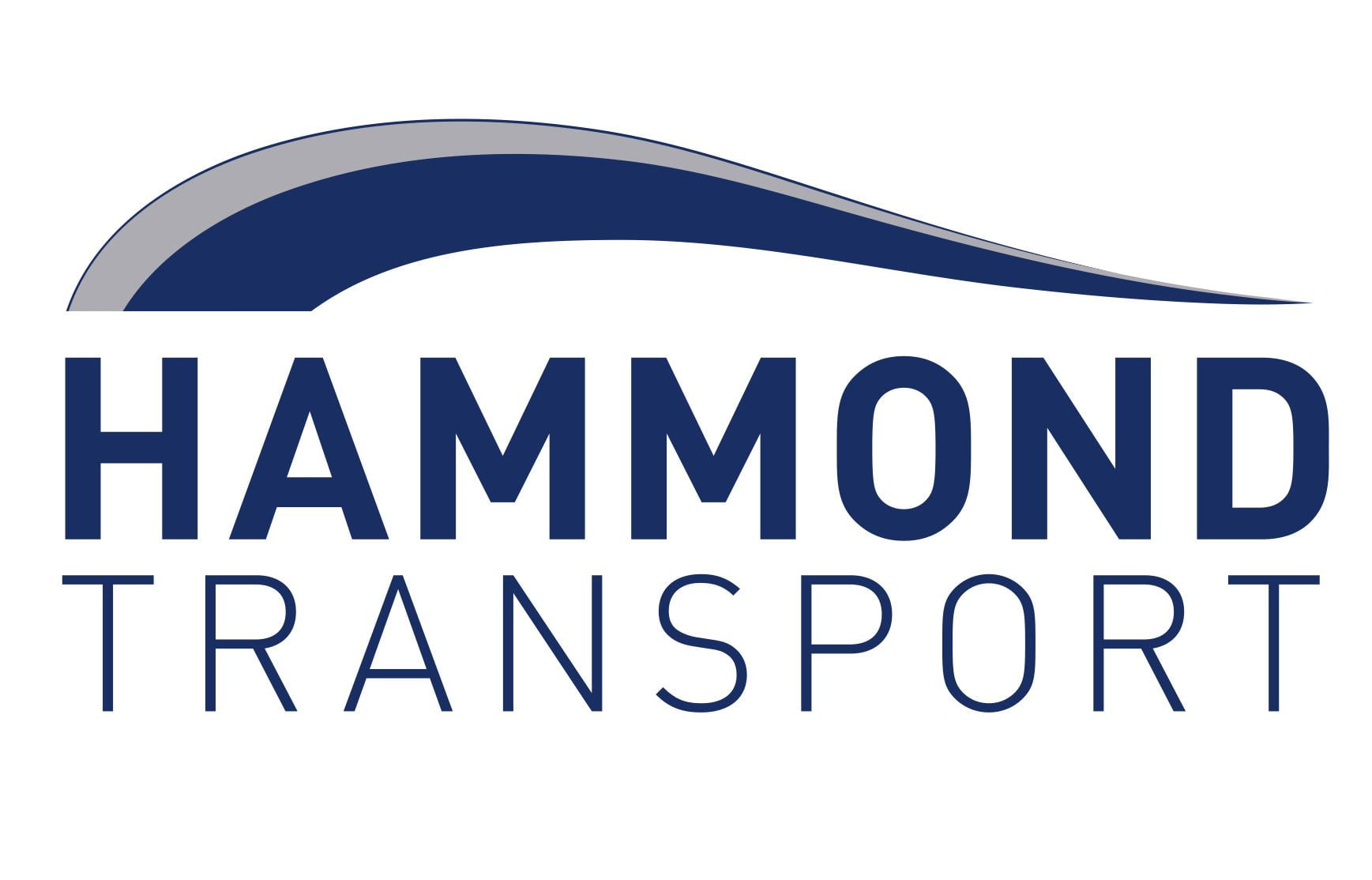The UK is now (hopefully) successfully navigating its way out of the pandemic, with life going back to normal as much as possible for most people across the country. Businesses and organisations are reviewing the effects which Covid-19 and the subsequent lockdowns has brought on their sectors, and for the transport and logistics industries, one of the biggest falls outs has been a reduction in trained and experienced HGV Drivers.
Recent research suggests that the staff shortage is likely to worsen, as 45% of the UK’s HGV Drivers will reach retirement age in the next decade*. This will ultimately put even more strain on the industry to ensure that we have talented individuals coming through the ranks to replace these jobs.
As a FORS Gold accredited business, having the right team here at Hammond Transport is a top priority for us. We are proud to say that some of the best in the business work for us and our team is highly experienced. However, we still need to ensure that we start one step ahead of the curve when it comes to attracting the right, new talent into the business.
In this latest article we’ll be exploring what the industry is doing to support this, whilst ensuring that the staff shortage doesn’t impact our operations moving forward.
What is the government doing?
The UK government has recognised that there is an issue with a shortage of haulage drivers, and they are putting measures in place to try and combat this. Ultimately it’s not something which the government can ignore, as we are a vital part of the UK economy and help keep businesses moving. Over 55% of haulage firms revealed that finding drivers is a core reason for delaying growth (stats from Zeus Labs).
As a consequence, the Government’s new transport bill has been welcomed by many in the sector however it still needs to be carefully managed to enable the sector to effectively introduce newly qualified drivers whilst managing EU licence regulations.
How can we attract new recruits into the sector?
Businesses, including ourselves, need to look at what could make the sector attractive to the younger generation. How do we appeal to young people and showcase that the industry offers many opportunities for career growth and progression?
Improved and enhanced training courses could be an option, as well as expanding apprenticeship opportunities.
Not only does education need to be front and centre, the Government should also look at ways it can incentivise smaller SMEs in order to continue to kick start the economy and create a more resilient workforce.
Businesses need to think about the long term impacts what the Covid-19 pandemic has had on the sector, and take the steps now to plug any gaps before it is too late.
